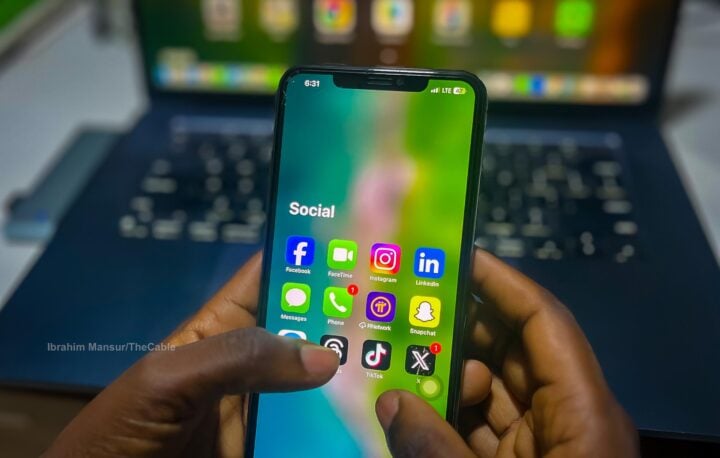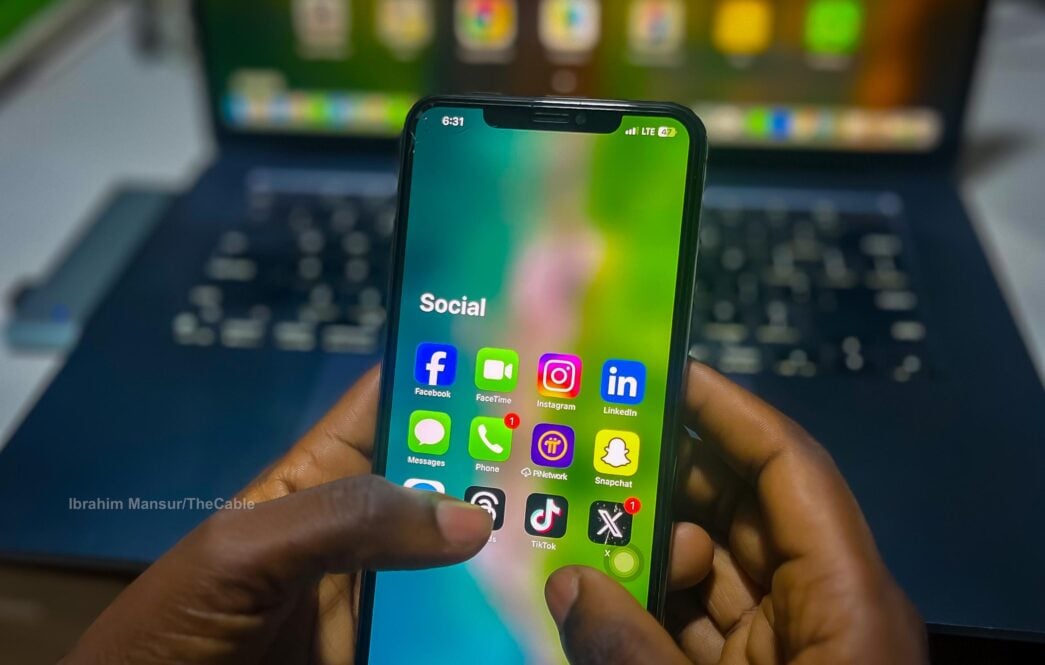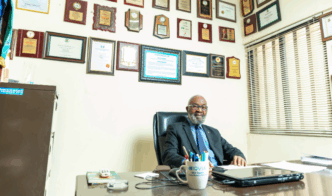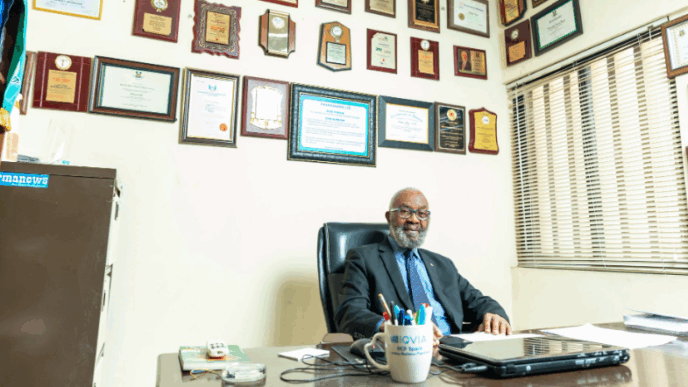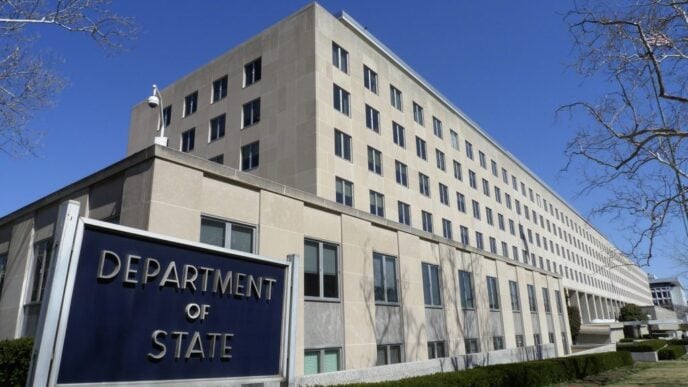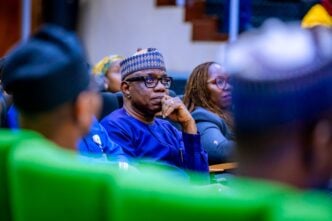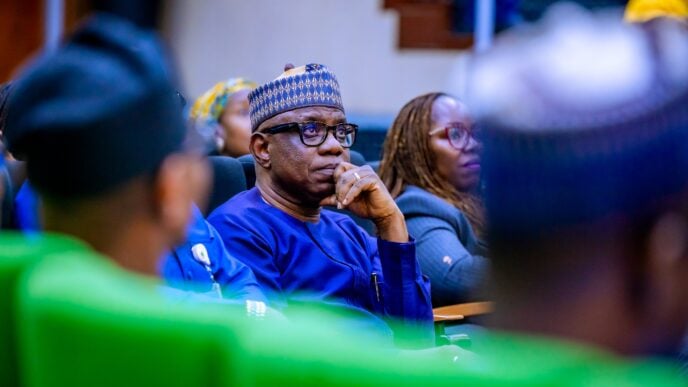BY SHUAIB AGAKA
When the National Information Technology Development Agency (NITDA) disclosed that more than 58 million harmful pieces of content were taken down from major platforms such as Google, Microsoft, and TikTok in Nigeria last year, it was more than a headline statistic. It was a powerful statement on the scale of Nigeria’s digital challenges—and a reflection of how far its regulatory ecosystem has come. Beneath the number lies a deeper conversation: what this data reveals about NITDA’s role, the evolving nature of online threats, and the delicate balance between regulation and innovation in Nigeria’s digital space.
The compliance figures—filed under the Code of Practice for Interactive Computer Service Platforms jointly issued by NITDA, the Nigerian Communications Commission, and the National Broadcasting Commission—signal a fast-maturing regulatory framework. Over 754,000 user complaints were lodged, leading to millions of harmful items being removed and nearly 14 million accounts shut down. These measures are more than routine mechanics of online safety; they represent the scaffolding that allows Nigerians to engage online without being drowned in abuse, scams, or misinformation. Their true value lies in the intelligence they generate for regulators.
For NITDA, compliance reports are not mere paperwork—they are windows into digital behaviour. They reveal patterns of abuse, highlight categories of content that pose the greatest risks, and expose gaps that demand more than takedowns or suspensions. A regulator that only enforces rules will always be reactive, lagging behind bad actors. But a regulator that interprets data can anticipate threats, influence platform design, and shape preventive strategies. This is where NITDA’s insight matters as much as its oversight.
Advertisement
The urgency of this work is underscored by Nigeria’s online landscape. With 107 million citizens connected—nearly half the population—and 38.7 million active on social media, exposure to digital harm is pervasive. On average, Nigerians spend more than six hours online daily, most of it on social platforms. Against this backdrop, 58 million harmful content removals are not routine cleanups; they are indicators of just how deeply users are already exposed.
Consider the ratio: nearly 59 million harmful content removals in 2024 equate to more than one harmful post or account neutralised for every active social media user in Nigeria. This illustrates not just the urgency of regulation but also the magnitude of the challenge: for every safe interaction online, there is a constant, invisible battle against toxicity, fraud, and manipulation.
By mandating transparency reports, NITDA has broken new ground in Africa. For years, content moderation decisions were made unilaterally in Silicon Valley, often without regard for the regions most affected by harmful activity. Now, Nigerian regulators—and by extension, the public—can access hard data on what is removed and why. This represents a shift in power: global platforms are no longer accountable only to shareholders and algorithms but also to local regulators safeguarding the public interest.
Advertisement
Few African countries have reached this level of disclosure, and Nigeria’s approach could influence peers. Just as the EU’s Digital Services Act has set global standards for transparency, NITDA’s framework signals a similar ambition—that citizens should not be left in the dark about how their digital spaces are governed.
Still, numbers alone cannot guarantee trust. Fifty-eight million removals do not automatically translate into safety. Harmful content often reappears, legitimate voices may be wrongly silenced, and appeals can overturn moderation decisions. For NITDA, the priority must shift from counting takedowns to interpreting them. Which types of harm dominate? Are vulnerable groups disproportionately affected? Do successful appeals reveal flaws in moderation, or are they loopholes exploited by bad actors? Without such insights, compliance could risk becoming a bureaucratic exercise rather than a genuine safeguard.
Yet, the progress is undeniable. Not long ago, Nigerian regulators were seen as too weak to hold global platforms accountable. Today, some of the world’s largest tech firms are filing detailed compliance reports in Abuja—a striking transformation that underscores Nigeria’s growing influence. In this environment, compliance is no longer optional; it is the cost of doing business in Africa’s largest digital market.
But influence must be wielded carefully. Overemphasising removals and sanctions could drive platforms into over-censorship, stifling free expression. The true value of transparency reports lies in the broader insights they provide—on deepfake scams, coordinated disinformation, and emerging forms of digital manipulation. If used strategically, these insights can help NITDA shift from reacting to digital harms to anticipating the next wave of threats, shaping policies that protect users while preserving openness.
Advertisement
Equally important is the human dimension. Nigerians must feel NITDA’s presence not only as a regulator behind the scenes but as a visible ally. That requires breaking down technical reports into simple insights for the public, investing in digital literacy, and empowering citizens to recognise and resist harmful content. It is not enough for harmful posts to vanish; users must understand why they were dangerous and how to avoid them in the future.
The story of 58 million removals is, therefore, not just about what disappeared from Nigerian timelines. It is about how a regulator is learning from the digital battlefield, transforming raw data into actionable intelligence, and building a governance model that is both firm and adaptive. More importantly, it signals Nigeria’s transition from being a passive consumer of global tech policies to becoming an active shaper of digital norms. If NITDA continues to treat compliance data not just as evidence of alignment but as a tool for foresight, Nigeria could position itself not merely as a participant in the global conversation on online safety but as a continental leader setting the pace.
Shuaib S. Agaka is a tech journalist based in Kano state.
Advertisement
Views expressed by contributors are strictly personal and not of TheCable.
